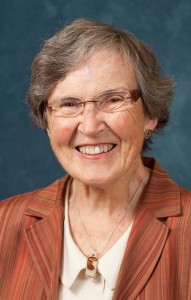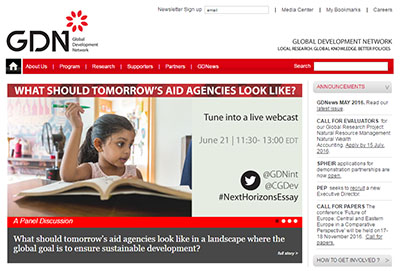Is Running Away From a Child Welfare Placement a Risk for Entry into the Justice System?
Post developed by Rosemary Sarri in coordination with Linda Kimmel.
This blog includes a brief report of ongoing research on career patterns of youth who drift from the child welfare system to the juvenile and adult justice system. It is taken from a paper that has been published by Rosemary Sarri, Elizabeth Stoffregen and Joseph Ryan, researchers with affiliations in the University of Michigan’s Center for Political Studies (CPS), Population Studies Center (PSC), and School of Social Work.
 A growing body of research has shown that children who run away from foster care placement increase their probability of subsequent involvement in the juvenile and adult justice systems, especially for males. In the research reported here we used Michigan Department of Human Services and Wayne County administrative records to examine the experiences of two samples of youth in the child welfare system, one of which were youth who had run away from placement one or more times, and they were compared with a matched sample who had no history of running away from placement. The study covered their experiences over an eleven-year period from 2003-2011. Those selected were twelve years or older and had been assigned to the agency because of neglect or abuse by a parent. Most were also identified as having a behavioral problem such as mental illness, substance abuse or delinquency. As is the case throughout the U.S., children in this study were disproportionately youth of color (84%). Most were children of single parents and resided in urban areas of poverty, unemployment, crime and social disorganization. A slight majority were female, most of whom were placed in individual foster care and small community agencies whereas males were more likely to be placed in residential care away from their home community. When the males ran away, they typically returned to their home communities and were involved in “survival crime” until apprehended. On the other hand most females remained in their home community and often circulated among family relatives but were seldom arrested.
A growing body of research has shown that children who run away from foster care placement increase their probability of subsequent involvement in the juvenile and adult justice systems, especially for males. In the research reported here we used Michigan Department of Human Services and Wayne County administrative records to examine the experiences of two samples of youth in the child welfare system, one of which were youth who had run away from placement one or more times, and they were compared with a matched sample who had no history of running away from placement. The study covered their experiences over an eleven-year period from 2003-2011. Those selected were twelve years or older and had been assigned to the agency because of neglect or abuse by a parent. Most were also identified as having a behavioral problem such as mental illness, substance abuse or delinquency. As is the case throughout the U.S., children in this study were disproportionately youth of color (84%). Most were children of single parents and resided in urban areas of poverty, unemployment, crime and social disorganization. A slight majority were female, most of whom were placed in individual foster care and small community agencies whereas males were more likely to be placed in residential care away from their home community. When the males ran away, they typically returned to their home communities and were involved in “survival crime” until apprehended. On the other hand most females remained in their home community and often circulated among family relatives but were seldom arrested.


